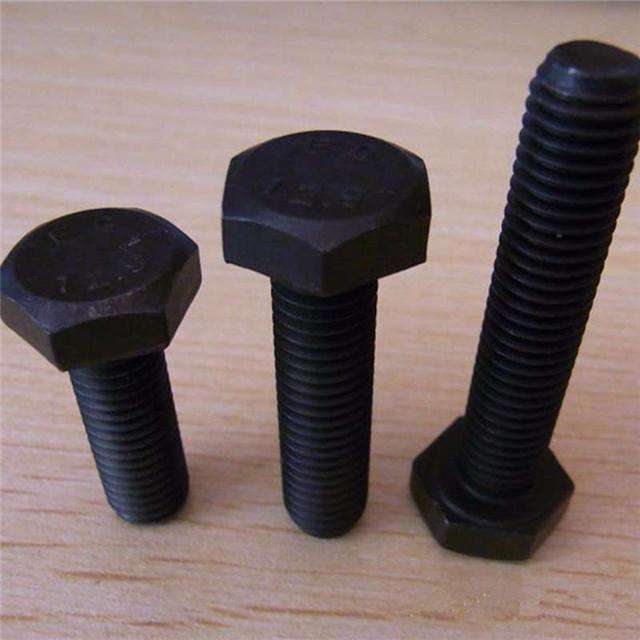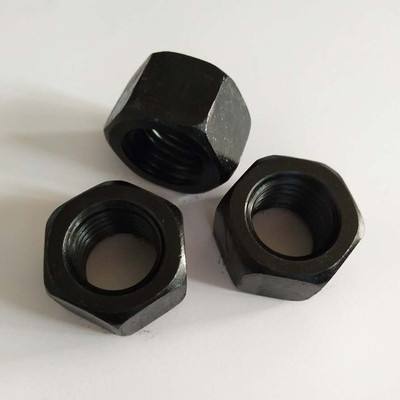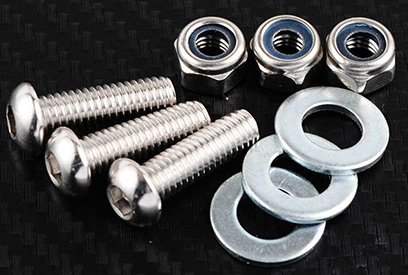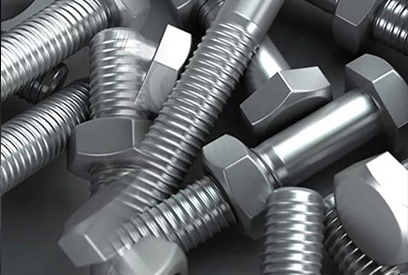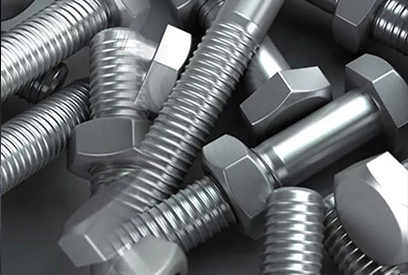Fasteners can be seen everywhere in daily life, ranging from small screws on watches to large bolt-nut connections on high-speed rail and airplanes. Below, Hex Bolt Manufacturers introduce the misunderstandings when using fasteners:
1. Use coarse teeth instead of fine teeth
There are many important connecting parts on the machine, such as drive shafts, etc. Most of the bolts used are fine thread. If there are missing parts during maintenance, some maintenance personnel will use coarse-toothed bolts instead, which should be avoided. Because the inner diameter of the fine thread bolt is larger, the pitch and outer angle are smaller, the strength is high, the self-locking performance is good, and the ability to withstand shock, vibration, and exchange loads is also relatively strong. Once the coarse-toothed bolts are used instead, it is easy to loosen and break, and in severe cases, it will cause mechanical accidents.
2. The pores do not match
The bolts on the machine that are subjected to lateral load and shear force, such as drive shaft bolts and flywheel bolts, have a transitional fit with the bolt holes, and the assembly should be strong and reliable and can withstand lateral forces. In fact, during the assembly process, the installation is often continued when the gap between the bolt and the hole is large, which can easily lead to bolt loosening or cutting accidents.
3. Thickened nut to increase connection reliability
Some people mistakenly believe that thickening the nut can increase the number of working turns of the thread and improve the reliability of the coupling. But in fact, the thicker the nut, the more uneven the load distribution among the threads, and the easier the coupling is to loosen.
4. One mother and more pads
Sometimes after the installation is completed, the bolts are too long, and workers will additionally install spring washers on the bolts. If it falls, it may also generate an eccentric load and reduce the reliability of the bolted connection.
5. The tighter the screw, the better
Many staff members have such a misunderstanding: they think that the bolts should be "better tight than loose", so they deliberately increase the tightening torque, resulting in the bolts slipping. In addition, for some important bolts that need to be tightened with torque, some people use an adjustable wrench to tighten them because of the lack of trouble, resulting in insufficient torque, resulting in loosening of the bolts, and mechanical failure in severe cases.
6. The washer is too large
Sometimes there is a lack of a suitable size washer, and the staff will replace it with a washer with a larger inner diameter. In this case, the contact area between the head of the bolt and the washer is small, which will reduce the bearing pressure or locking force of the washer. In the presence of vibration or shock, the bolts are easily loosened.
7. Inappropriate locking
Important bolts should be locked with anti-loosening devices after assembly. If a cotter pin is used for locking, a too-thin cotter pin or half-piece cotter pin should not be used; if a spring washer is used for locking, the washer opening should not be too small; Edges and corners; if double nut locking is used, the thinner nut should not be installed on the outside.
8. False solid
If there are impurities such as rust, scale, iron filings, etc. on the threads of bolts, nuts, etc., it must be cleaned before assembly; impurities such as burrs and sediment on the joint surface of the coupling should also be removed. Otherwise, when the bolt is tightened, it appears to be tightened on the surface, but in fact, the coupling is not really compressed. Under such false firmness, the bolts will loosen quickly if vibrations, shock loads, and temperature changes occur.



